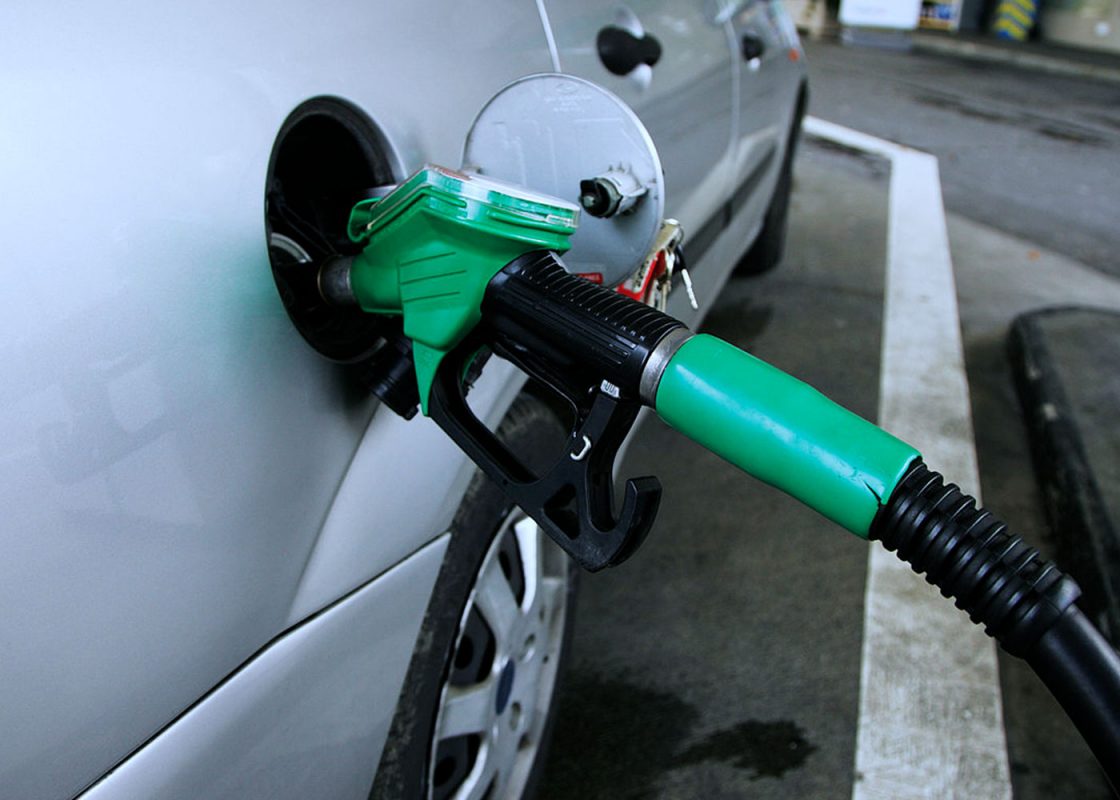
- Categories:
- News
- /
- Announcement
E10 petrol could reduce road transport CO2 emissions by 2% annually
The Government’s open consultation on Introducing E10 Petrol through the UK closed yesterday (3rd May). Cenex believes this move supports sustainability objectives on the road to net zero.
David Philipson, Transport Technical Specialist at Cenex, said:
“Cenex welcomes the introduction of E10 petrol for UK vehicles in order to meet emissions reductions targets.
“We estimate that using E10 petrol (10% bioethanol mix) instead of the current E5 petrol (5% bioethanol mix) could reduce road transport CO2 emissions by 2% annually (750,000 tonnes of CO2), equivalent to taking 350,000 cars off the UK roads.
“E10 petrol is standard in a number of countries, including France (since 2009), Belgium and Germany, suggesting that a transition to E10 would be possible for the UK.
“It’s important any introduction of E10 is brought forward with sustainability and public engagement at the forefront. Some older vehicles may not be fully compatible with E10: we estimate that 600,000 vehicles in the UK would be affected, though this number will fall as older vehicles are removed from the roads. Leading fuel suppliers have given express assurances that E5 will still be available to purchase at many forecourts for those concerned.
“Cenex is helping the UK work towards a net zero emissions future, in which electric vehicles will play a significant part. As electric vehicles are not yet viable for all UK residents, petrol vehicles will remain a large part of the vehicle parc in the short to medium term.
“E10 is a viable and effective stepping stone in the decarbonisation of the UK transport network. It will achieve significant reductions in CO2 with little or no disruption to the transport network. Cenex believes the move to E10 fuel will play a significant part in helping the UK cut carbon emissions, and fully supports this move by the UK government.”